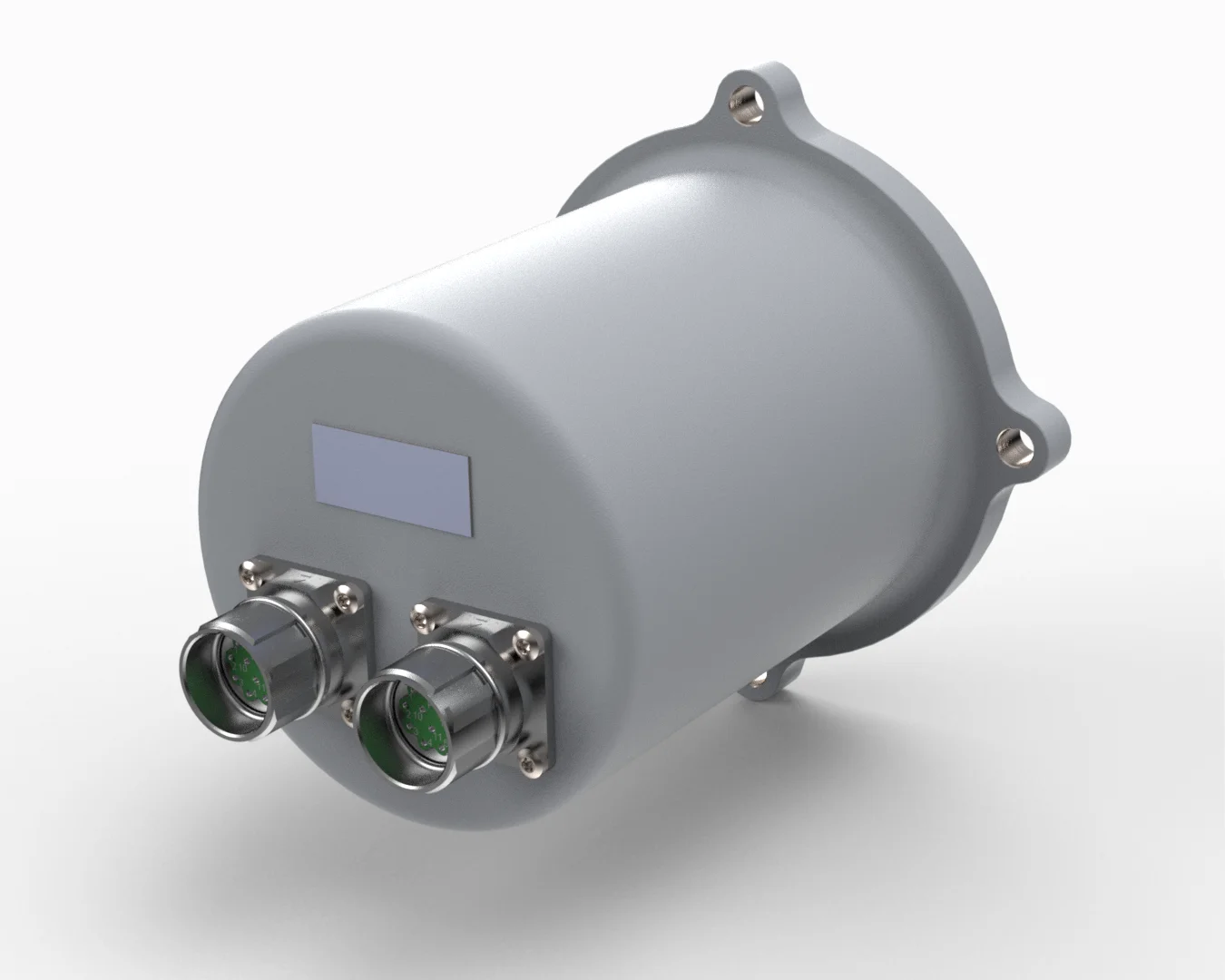Our customer who is a leading aerospace manufacturer was developing a new jet engine for a long-range business jet equipped with an advanced fly-by-wire (FBW) system. The fly-by-wire system, which replaces traditional manual flight controls with electronic interfaces, requires a reliable and efficient power source. The customer chose a permanent magnet alternator (PMA) for this purpose due to its high efficiency and reliability. However, the team encountered significant challenges during the manufacturing process, particularly with inserting the winding into the stator.
The primary challenge was the insertion of the winding into the stator slots. The thickness of the copper wire made it difficult to insert the windings. Therefore the objective was to modify the winding design to facilitate easier insertion, while maintaining the performance criteria of the PMA.
To address these challenges, iNetic Aviation used its specialist knowledge of stator winding to redesign the winding insertion method. Through various iterations we developed an optimized coil insertion method. We also invested in new insertion tools that provided better control and consistency of the coil positioning, reducing the risk of damage. All these changes made it possible to manufacture the PMA without losing any copper slot fill in the stator.
Improved Manufacturing Efficiency: The optimized manufacturing method reduced the winding insertion time, significantly speeding up the production process. The use of better tooling resulted in a decrease in winding-related defects, improving the overall reliability of the PMAs.
By addressing the challenges of winding insertion through design optimization and better tooling, iNetic Aviation successfully improved the manufacturing process for the permanent magnet alternators. The improved PMAs can now provide a reliable power source for the fly-by-wire systems in the new long-range business jets, ensuring safe and efficient operation.
